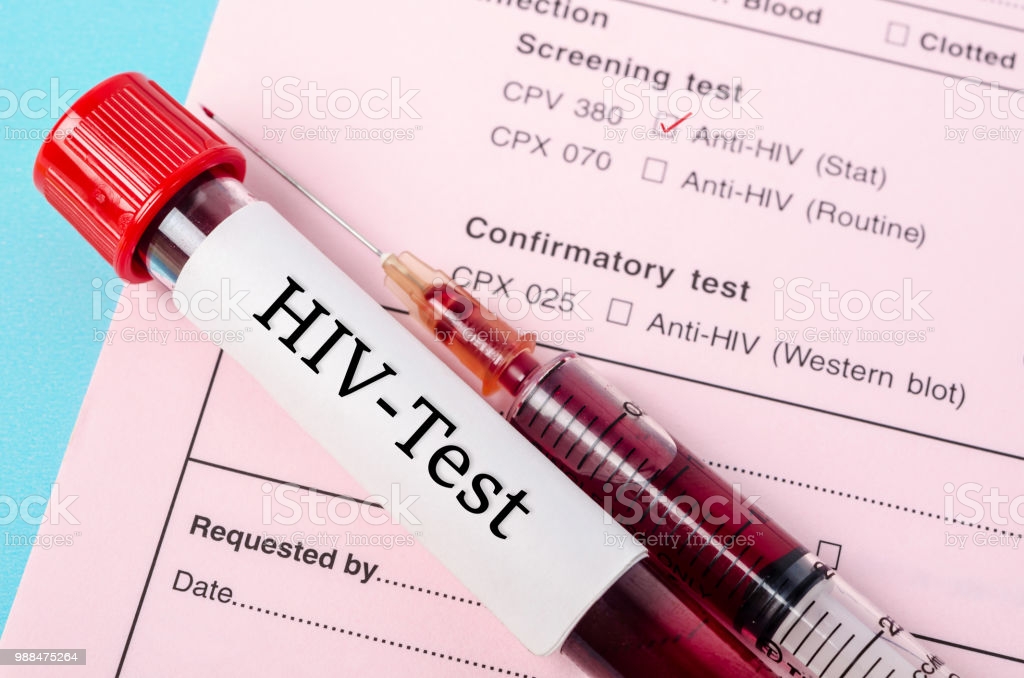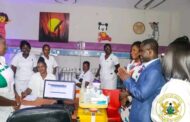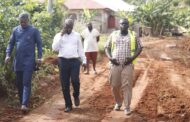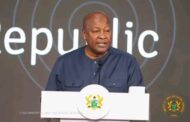The theme of World AIDS Day 2021 is “End inequalities. End AIDS”. With a special focus on reaching people left behind, WHO and its partners are highlighting the growing inequalities in access to essential HIV services.
WHO is calling on global leaders and citizens to rally to confront the inequalities that drive AIDS and to reach people who are currently not receiving essential HIV services.
As part of the day, Mybrytfmonline.com has been analyzing HIV/ AIDS situation in the Eastern Region which seems to be alarming.
People living with HIV in the Eastern Region at the end of the year 2020 were 47,8166, but surprisingly, only 30,538 are accessing the antiretroviral drugs.
The antiretroviral coverage in the region for all ages is 58%.
The Eastern Region is the third region with the highest number of people living with HIV after the Ashanti and Greater Accra regions.
It is instructive to note that, Lower Manya, New Juaben South, Asuogyaman, Yilo Krobo are the top four (4) districts and Municipalities in the Eastern region with a higher number of persons living with HIV (PLHIV).
Lower Manya has the highest PLHIV population of 4,695 as of the end of the year 2020.
New Juaben South had 2,980 PLHIV followed by Asuogyaman with 2,586 cases. Yilo Krobo placed fourth with 2,237 cases.
The Upper Manya Krobo which is the fifth position had 2,081 persons living with HIV.
Suhum – 1,956, West Akyem – 1,903, Kwaebibirim – 1,770, Kwahu West – 1,623 and Nsawam with 1,609 persons living with HIV.
Other districts/Municipalities with low infections are Okere (987), Asene Manso Akroso – 942, Atiwa East – 911, Ayensuano – 898, Atiwa West – 876, Achiase – 874, Kwahu East – 851, Fanteakwa South – 812, Birim South – 632 and Akuapem South – 558 among others.
Acting Eastern Regional Technical Coordinator of the Technical Unit of the Ghana AIDS Commission, Ebenezer Appiah Agyekum Abrokwah, and the commission has intensified sensitization in Senior High Schools and tertiary Institutions, engaging in advocacy meetings with the local council of Churches and traditional leaders, establishing linkages between herbalists, Prayer camp leaders, and health centers.
According to WHO, HIV remains a major public health issue that affects millions of people worldwide.
Although the world has made significant progress in recent decades, important global targets for 2020 were not met.
Division, disparity, and disregard for human rights are among the failures that allowed HIV to become and remain a global health crisis. Now, COVID-19 is exacerbating inequities and disruptions to services, making the lives of many people living with HIV more challenging.
Source: Mybrytfmonline.com/Obed Ansah




















































